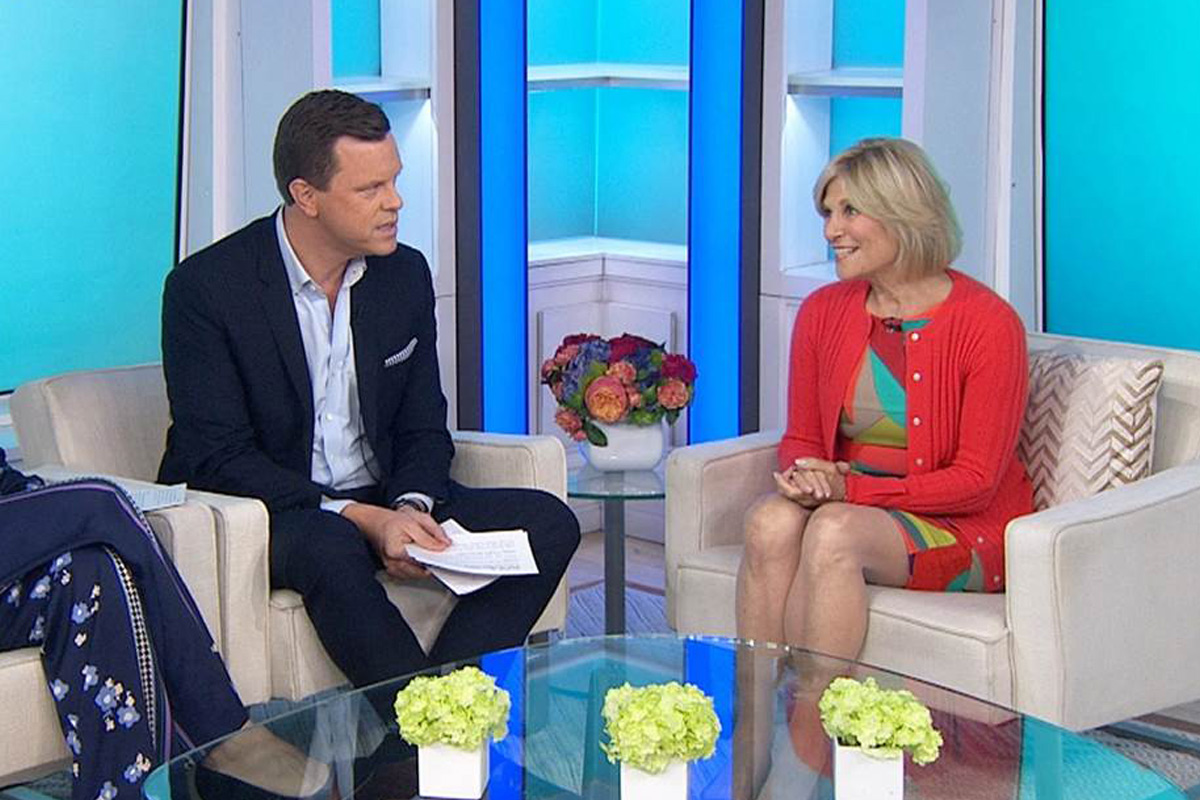Is kindness really contagious? Does the science back that up?
Yes and yes, said psychologist and TC alumna Dr. Dale Atkins in an appearance last week on a segment of NBC’s “TODAY” titled “In Search of Kindness.”
“We have changes in our brain when we do a kind act,” Atkins (M.A. ’72), coauthor with Amanda Salzhauer of The Kindness Advantage: Cultivating Compassionate and Connected Children (2018, Health Communications, Inc.), told co-hosts Willie Geist and Whitney Cummings. “We’re flooded with endorphins, these wonderful feel-good chemicals that are actually pain killers,” and so is the recipient of our kindness. In fact, even witnessing or reading about a kind act can produce the same effect.
Atkins added that “you don’t have to start a nonprofit to be kind.” Engaging in one small act of kindness every day can be life-changing, she said, and being kind is something that everyone has the capacity to do – even babies (“except when they’re on airplanes,” joked Cummings).
"You don't have to start a nonprofit to be kind," Atkins says. In fact, engaging in one small act of kindness each day can be life-changing.
“As young as three months, we see children with the capacity for empathy,” Atkins said. “They respond when they hear someone in distress, and when they’re a little bit older, they prefer to give treats rather than get them.” The takeaway: We need to think about how we can “nourish and nurture what’s in every one of us.”
